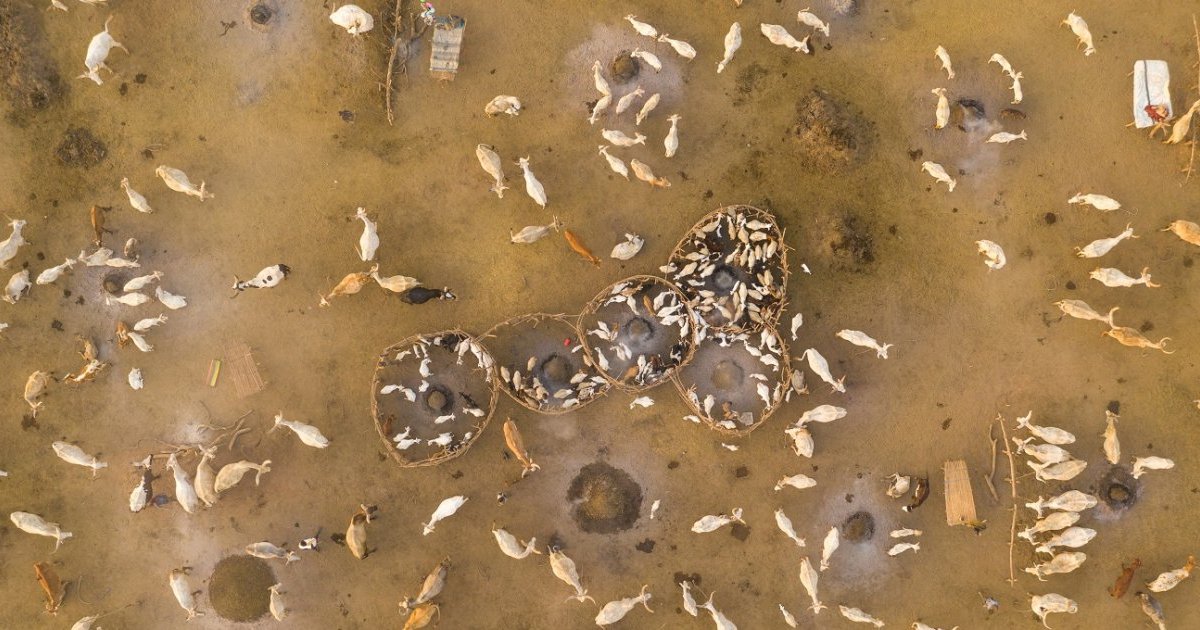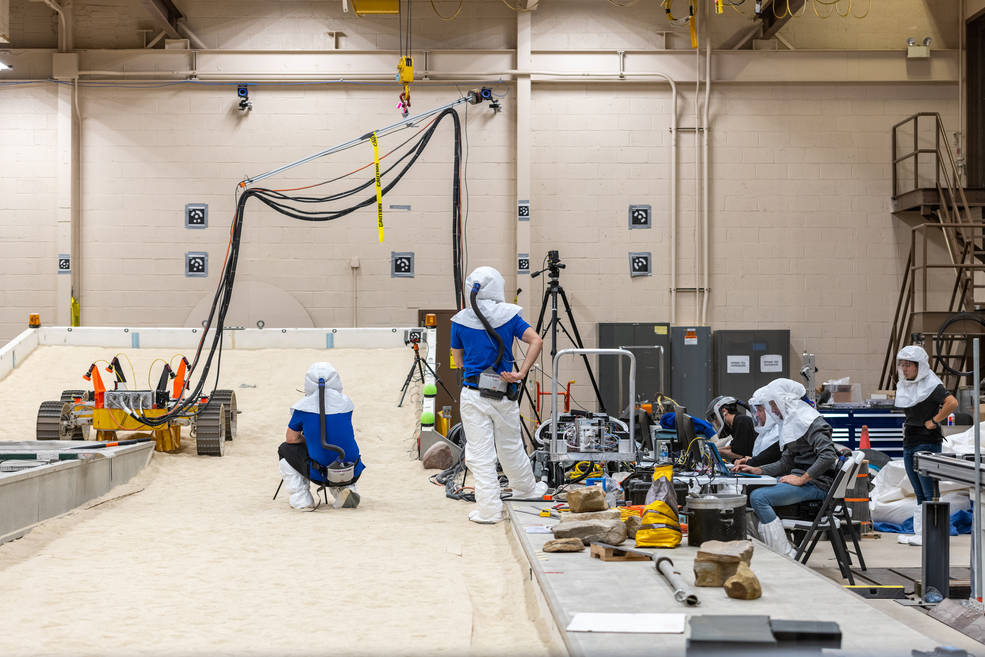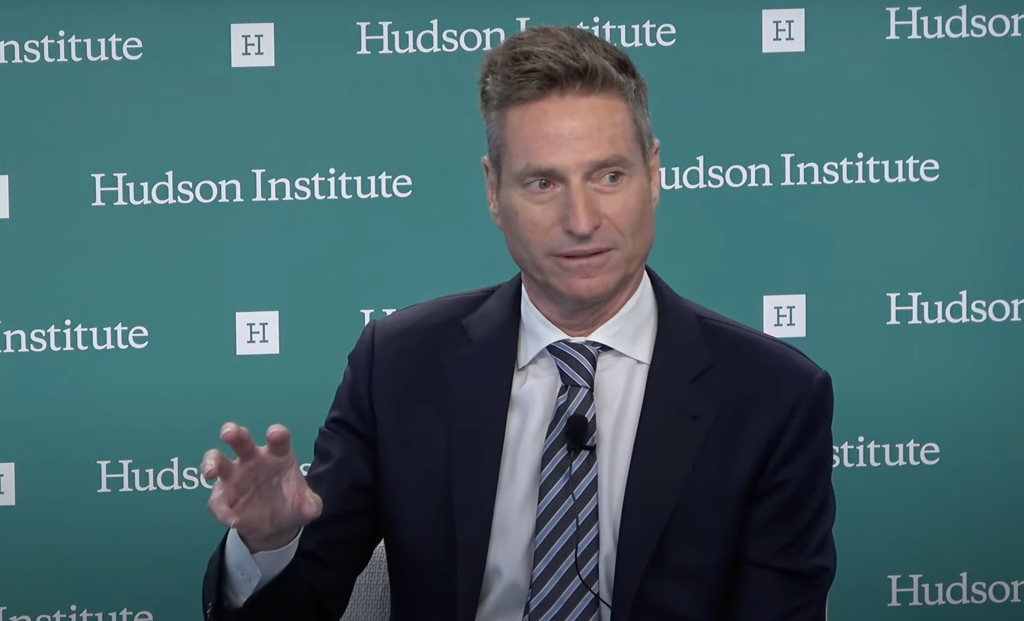Table of Contents
Regardless of reduced authorities financial commitment and a deficiency of authorized framework to manual their use, geospatial systems are currently being utilized in a vast selection of fields across Africa, and are proving to be indispensable applications in the socio-financial advancement of the continent, in accordance to a new conference on the topic.
The fifth version of the Regional Centre for Mapping of Assets for Improvement (RCMRD) Intercontinental Meeting was held on line and in-person in Nairobi, Kenya between 6-8 September 2022 and explored the theme of ‘Earth observation providers for resilient social systems’.
“Geospatial systems are vital in creating resilient social techniques and even much more crucial, in making evidence-based conclusions for the attainment of the Sustainable Advancement Ambitions (SDGs),” Emmanuel Nkurunziza, director-typical of the RCMRD, tells Equal Periods from the organisation’s foundation in Nairobi.
The time period broadly refers to the point out-of-the-art resources employed to acquire, retailer and analyse geographic information. These systems include things like remote sensing, worldwide positioning techniques and geographical facts units, and are getting deployed in a assortment of parts – from humanitarian aid to agriculture and urban organizing – to carry out duties this kind of as the mapping of forests, lakes and other sensitive ecosystems for biodiversity monitoring, catastrophe hazard reduction and disaster management.
In which laws make it possible for the use of civilian unmanned aerial vehicles, typically regarded as drones, they are currently being utilized in agriculture to spray pesticides on farms and rangelands, 1 illustration staying the current locust invasion in the Horn of Africa. In addition, they have proved practical in the delivery of essential provides these as medication in distant regions and in producing vital scientific facts throughout disasters to assist evidence-dependent choice generating.
“We have witnessed different worries as a region, which includes the modern floods [in Sudan, Malawi, South Africa, and since the conference took place, Nigeria]. We have had problems of drought affecting food stuff protection and triggering drinking water shortage, and we are seeing increasing urban populace pressures. All of these worries contact on us to intensify our potential to observe the Earth so that we are equipped to establish mitigation strategies,” states Nkurunziza, as well as make improvements to the effective supply of companies for the betterment of Africa’s 1.4 billion persons.
Crucial and precise details
Checking out seven thematic places such as geo-innovation in well being, and clever and green cities, above 600 convention attendees listened to about the successes and lessons in the use of Earth observation systems. For instance, in the area of forest governance, the use of apps in two forest observatories devoted to monitoring the ecosystems of southern and central Africa are offering crucial true-time facts to assist in improved management of the forests, in accordance to Robert Nasi, director-common of the Centre for Worldwide Forestry Investigate (CIFOR) primarily based in Bogor, Indonesia.
A single of the observatories is the East and Southern Africa Forest Observatory OFESA, which delivers info on trends and threats to forests in Ethiopia, Kenya, Tanzania, Mozambique and Uganda for improved determination-building administration of forest ecosystems.
Led by CIFOR and RCMRD, and funded by the European Union, the initiative is producing a governance framework which will allow for collaborating nations around the world to share, use and analyse knowledge to address widespread challenges, such as deforestation and human encroachment.
“One of the main worries emerging amongst forestry establishments is the absence of current info, which phone calls for endeavours to update that which now exists. At OFESA we are addressing these potential gaps as well as supporting the improvement of a governance framework for knowledge sharing,” suggests Douglas Bwire, a analysis officer at CIFOR.
Information gathered under OFESA will be shared with governments and organisations guarding forests, through common state of forests reports. This was in acknowledgement of the actuality that devoid of accurate data, checking the ecological, environmental and social elements of wooded areas for conservation is not probable, Bwire admits.
An even even larger initiative is Electronic Earth Africa (DE Africa). “DE Africa is empowering nations around the world across Africa with Earth observations to empower local weather adaptation and mitigation, bigger foods safety, and sustainable advancement,” Kenneth Mubea, DE Africa’s capacity development direct tells Equal Occasions. Any one, both of those in the non-public or community sector or civil culture, can use the facts created, as extensive as it is for growth needs.
Its partners incorporate the Nigeria-centered African Area Institute for Geospatial Info Science and Technology (AFRIGIST), the Agriculture, Hydrology, Meteorology (AGRHYMET) exploration centre centered in Niger, the Sahara and Sahel Observatory (OSS) centered in Tunisia, and the RCMRD, amongst other regional bodies.
“We have created a enormous effect, and tales by finish customers are abound. For instance, we have supported the mapping mangroves initiative [in Zanzibar, Tanzania], the relocation of giraffes from a lake-flooded island in Lake Baringo, Kenya, and we are featuring cost-free instruction,” Mubea describes.
The system features on the web instruction to enable users check out and visualise offered datasets. This contains weekly periods hosted in English and French where by customers are guided on the several takes advantage of and purposes of Earth observation in their every day do the job.
A driver for advancement
The convention also highlighted some of the problems dealing with the widescale deployment of geospatial technologies in Africa. A person is very low expenditure. As perfectly as a absence of familiarity with this kind of systems by people who keep the purse strings in federal government, there is also the concern of scarce means and a lack of ability to sustain and improve the use of these technologies.
A 2019 report by the Africa Regional Knowledge Cube (ARDC), a task on satellite imagery and Earth observation information in five African countries , gives a good sense of some of these difficulties. For instance, the report notes that it normally takes “4-6 months of conversations with stakeholders to set up an institutional framework and get-in from critical stakeholders to make investments time and employees means to adopting the ARDC”. But many other organisations and initiatives do not have the time or assets to dedicate to this consistent stage of engagement and lobbying.
It also mentioned that, a important volume of time wants to be invested in “getting end users relaxed with the technological know-how, so they entirely realize what it is, what information and facts it can provide, and how to access and use it”.
Another problem that can hamper the prevalent use of geospatial systems in Africa is the absence of rules. 1 of the victims of this is Fahari Aviation, a subsidiary of Kenya Airways. While its drones ended up greatly deployed in aerial mapping, agriculture, land study, transport and aviation, the business found it difficult to extend over and above the Kenyan borders, owing to a lack of regulation in member nations of the East African Neighborhood (EAC), of which Kenya is a founder member. This is despite the actuality that the enterprise has partnered with world wide aerospace giant Boeing to introduce UAVs for aircraft inspection and routine maintenance.
“As we are all informed, knowledge accuracy is a main issue throughout Africa and an impediment to scheduling. This can be conveniently remedied by deploying Earth observation science. From knowledge we know that drone technological innovation allows for unmatched accuracy,” states Fahari Aviation normal manager Hawkins Musili. However, until eventually superior regulation and more funds is set into the sector, its gains will continue to be restricted on the continent.





